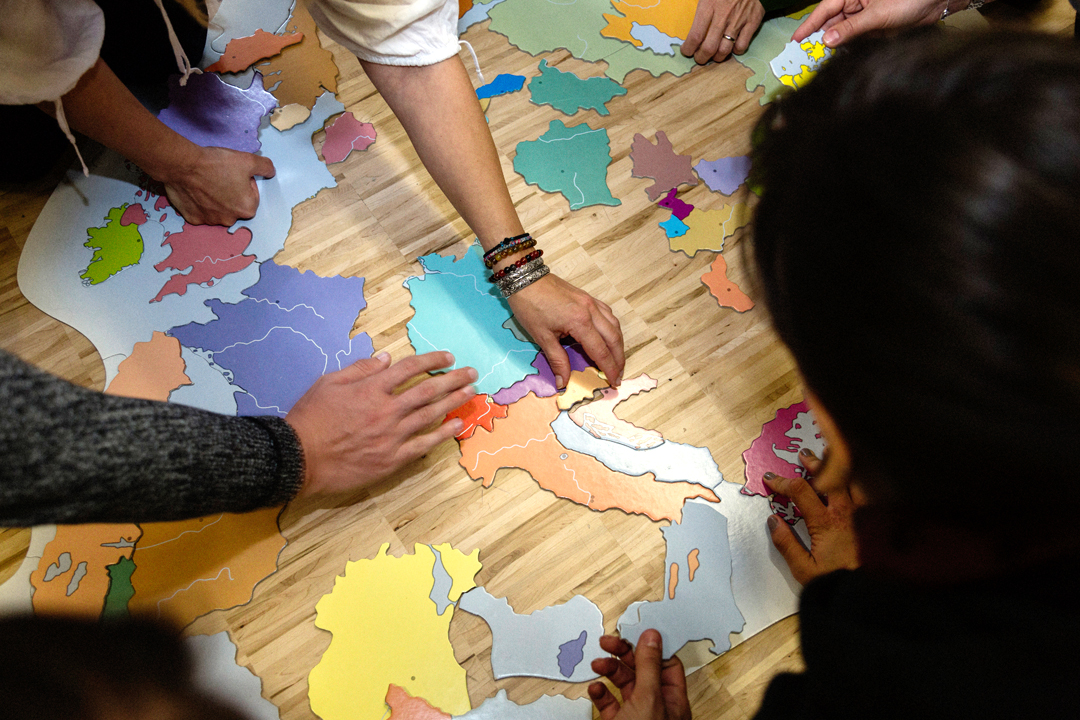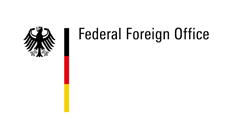Menu
-
Funding
Menu / Funding
-
CrossCulture Programme
Menu / Funding / CrossCulture Programme
- Exhibition Funding
- Artists' Contacts
- zivik Funding Programme
- Elisabeth-Selbert-Initiative
- Martin Roth Initiative
- Deployment Programme
- Job Shadowing Programme
- Cultural Assistant Programme
- Project Funding German Minorities
- Social Media Grant
- Ukraine: Initiatives and Projects
- Alumni
-
CrossCulture Programme
- Art
-
Research
Menu / Research
- Library
- ifa Research Award on Foreign Cultural Policy
- Research programmes
-
Cultural Policy Forums
Menu / Research / Cultural Policy Forums
-
Research networks
Menu / Research / Research networks
-
Academic publications
Menu / Research / Academic publications
-
Media
Menu / Media
- ifa Blog
- ifa Podcast
- ifa Publications
-
Digital Projects
Menu / Media / Digital Projects
- ifa on Social Media
-
Events
- Organisation


